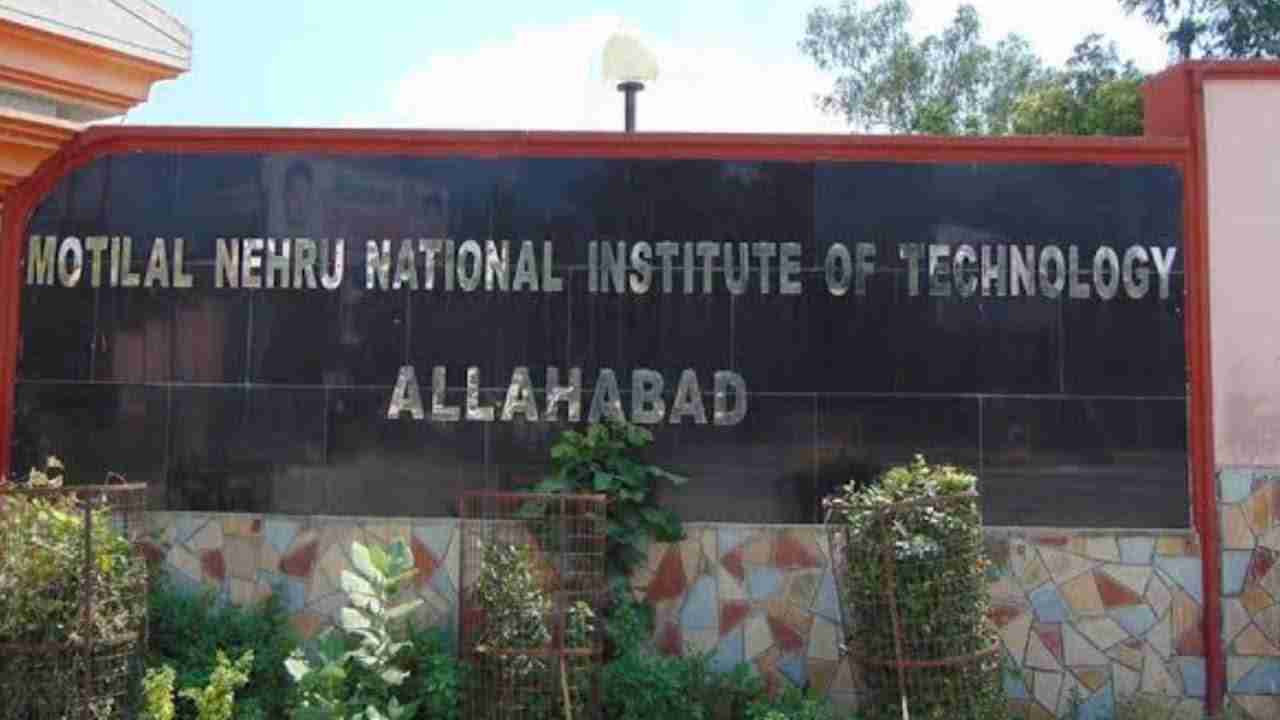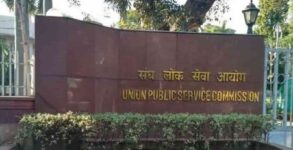Prayagraj: A research scholar in the department of Electronics and Communication Engineering (ECE) of Motilal Nehru National Institute of Technology (MNNIT), has developed a low-cost tele-cardiology portable ECG device that can generate a real-time ECG report.
Developed by Roshini Srivastava, the device promises cardiac care of the patients within minutes. It gives an auto-generated report can be immediately shared with the doctor, thus saving on the time taken to transport patients from their location to the nearest cardiac unit.
“The device can be a game-changer for people living in rural India who have access to only a few cardiac experts,” said Roshini.
Roshini has developed this instrument under the supervision of Prof Basant Kumar, an associate professor in MNNIT’s ECE department. It took two years to develop the device.
Prof Basant Kumar, said, “The device will help a doctor assess high risk and low risk cardiac patients using the readings made available by it as all it needs is the patient attaching a three-lead sensor to his chest when experiencing chest pain or other trouble and his doctor can receive real-time ECG report on his mobile phone within seconds.”
The doctor can then give correct advice on intervention needed, he added.
Efforts have now been started to make it available in the market after receiving all necessary certifications and validations.
“Now that we are satisfied with the working of the device, we will finish the packaging and send the same to some of the best hospitals of the city and neighbouring areas, get its tested on volunteers and after getting the inputs of the experts, we will send it for getting patent,” said Prof Kumar.
–IANS


















